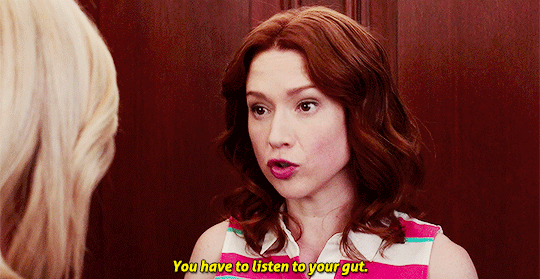“We want someone enthusiastic”: Demonstrating The Intangible In An Interview
Once you’ve been invited to an interview, it’s likely that the interviewer already thinks / believes / knows that you could – at a minimum – do the job. Your CV has shown that you’ve got the experience and the skills. The interview is there to see how well you could do it, how well you could work with the team, whether they like you, and how you compare against all the other interviewees who could also do the job. This may well come down to whether you can demonstrate “soft skills”.
These elusive soft skills for which the heads of top companies (those on Fortune’s 2017 list of 100 Best Companies to Work For, to be specific) are looking include: enthusiasm, curiosity, passion, a love of learning, ambition, and – the biggie – cultural fit.
Elusive and, more importantly, intangible. How are you supposed to demonstrate these unquantifiable qualities in an interview?
What Does Enthusiasm Look Like?
Unless you’re in a situation where you need a job very quickly (which, of course, happens to the best of us!), you ideally shouldn’t have to fake enthusiasm for a role. If you’re not getting desperate, you should really try to put your effort into interviewing for roles by which you’re really excited.
But even when you do genuinely feel enthusiastic, it can still be tricky to demonstrate it effectively. In essence, it’s the non-tangible stuff you do before and during your interview.
There are some simple things you can do, for starters. Do your research & tell them something they may not know about their own company. Make sure that you dress smartly and appropriately, for example. Dress sense can be a hard one to call nowadays, with many companies having a more relaxed culture. Our tip is whatever you decide to wear, it’s most important that you feel, and look, as natural as possible. You can look inherently stylish by keeping things very simple. Arrive early, talk to the receptionist (they can carry far more weight than you may think). Make eye contact, be polite, courteous, engage, smile, and clearly face the interviewer. Send a thank you email after the interview – you’d be amazed what impact this can have & can sometimes swing a no into a yes!
To put in that bit more effort, you should do proper, in-depth research, and make reference in the interview to some specific things you’ve learned. Find out the company’s mission statement or list of values, and use the same words, language, and phrasing. If you’re working with a recruiter, ask for as detailed a brief as they can give you.
And then, crucially, use this information to work out why this particular company makes you enthusiastic. What is it about the role or the organisation or the people or the history or the values that excites or inspires or interests you? Once you know, then say so – explicitly! Doing this work and being clear about it in the interview ticks off nearly all of the soft skills listed by those CEO!
Finding The Balance In An Interview
But how do you show enthusiasm without coming across as unprofessional?
What can you do to exhibit ambition without seeming power-hungry?
How should you express passion without being a job-hunting cliché?
And how can you demonstrate curiosity and a love of learning without appearing uninformed?
The biggest problem with these intangible qualities is striking the right balance. Companies want an enthusiastic candidate, but obviously not one who bounces up and down on their chair like a giddy four-year-old. An interviewer wants to see a passionate applicant, but not one who uses the word ‘passion’ indiscriminately about everything.
There’s no easy or one-size-fits-all answer to these questions. But there are some tricks you can try. Take passion, for example: don’t use the word ‘passion’, and be specific. It’s such a shame that this emotive and invaluable word has been ruined in this context by cliché and overuse, but that’s where we are. Grab your thesaurus and think about what aspect of passion you actually mean in this case. Are you committed? Excited? Tenacious? Persistent? Focused? Sincere? Creative? Original?
In fact, all of these can come down, to some extent, to choosing your words carefully. Quantify your ambitions, explain what you’re looking to achieve – and let the interviewer know that you’re not looking to take over their job! Don’t be afraid to say that you’re curious about something the company does that you’ve not done before, or that you’d love to improve on your skills in a specific area.
The Answer Is Just As Intangible
Go with your gut.
Trusting your instincts, and getting interview practice where you can, is the best way forward. You may find an interviewer who wants a calmer, more subdued candidate, and you may meet one who like to see lots of gesticulating. And there are so many different ways to demonstrate enthusiasm and passion and creativity that you can’t possibly know which will be most suited to the interview at hand.
The most important thing is to make sure that you’re accurately representing yourself. If you’re an enthusiastic and excitable person, a job where the culture is more subdued may not be right for you – and vice versa!
The right interviewer will see what you have to offer – intangible or not.



